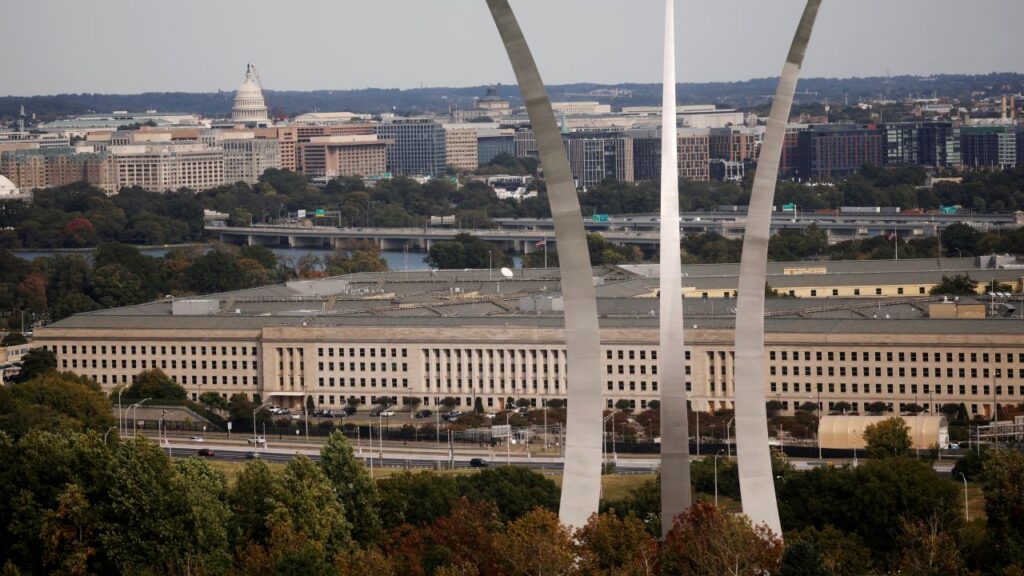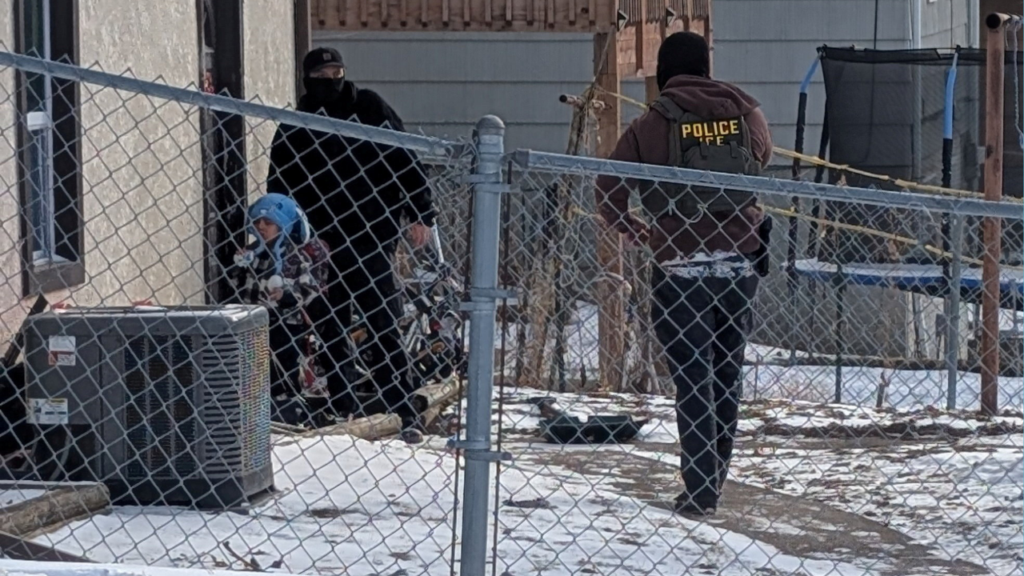Share
Air Force and Army military medical personnel, including doctors, nurses, and respiratory technicians, began their orientation at Community Regional Medical Center Tuesday morning.
The military reinforcements are among the Department of Defense medical teams being sent into four California hospitals to provide medical support alongside hospital staff as patient loads surge.
“Their primary mission is to support the intensive care unit,” says Fresno County EMS Director Dan Lynch.

“I’m very worried about the next few weeks.”–Fresno County Interim Health Officer Dr. Rais Vohra
The arrival of the military support teams is a bright spot in an otherwise dark period due to escalating COVID infections in Fresno County. California’s Department of Public Health extended the regional stay at home orders for both the San Joaquin Valley and Southern California regions on Tuesday.
Fresno County added 1,560 new COVID-19 cases on Sunday and Monday. bringing the total number to 63,811 since the start of the pandemic. There are currently 625 people hospitalized. The San Joaquin Valley region remains at 0% ICU capacity, with 13 ICU beds available in the entire county.
“I’m very worried about the next few weeks,” admitted Vohra during a Tuesday afternoon briefing with reporters.
Military Team Arrival and Preparation

“They just need the staffing. And that’s what this will do.”–Fresno County EMS Director Dan Lynch
The military teams include personnel from the 60th Medical Group from Travis Air Force Base and the 627th Hospital Center out of Fort Carson, Colorado.
CRMC says the teams arrived early Tuesday and immediately started their onboarding sessions.
Lynch says CRMC has the ability to expand the number of available ICU beds, but they were lacking the most important element. “They just need the staffing. And that’s what this will do,” says Lynch.
The Community Medical Centers workforce has been severely impacted by COVID-19. As of Monday morning, 397 staff members were unavailable for work due to either self isolation as a result of exposure, or in the case of 277 of them, confirmed to have been infected.
Similar medical teams helped CRMC over six weeks during the summer COVID surge and were given a heroes sendoff on September 11th.
COVID-19 Vaccine Distribution
Fresno County received 14,800 doses of the Moderna vaccine last week that was impacted by an issue with a data logger. The logger tracks the vaccine through travel to ensure it stays appropriately cold while being transported.
Vohra says, “Our team was working on it, and I believe it’s been resolved.”
He says the county has continued receiving shipments of both the Pfizer and Moderna vaccines a couple of times a week, usually on Mondays and Tuesdays.
“We’ve been able to vaccinate several thousand individuals that are part of our frontline health care workforce,” reports Vohra.
According to Community Medical Centers’ online dashboard, 2,623 of their healthcare workers have been vaccinated so far.
A team from CVS pharmacy was able to administer the first doses of the COVID-19 vaccine to the first skilled nursing facility in Fresno, the Dycora Transitional Health and Living Manchester location. A pair of Dycora facilities had outbreaks of COVID-19 earlier this year.
Alternative Care Sites Doing Well
An alternative care site that opened in the North Medical Plaza building at CRMC last week. After an initial surge of about 25 patients, there are now 20 patients there. “Some people have already been discharged and been replaced by others,” said Lynch. The site is big enough to hold 50 patients.

Lynch says he’s already had conversations with St. Agnes Medical Center about creating an alternate care site there. He says, “We really like the blueprint of opening up capacity near a hospital so that we can basically use their services.”
The possibility of opening the Fresno Convention Center as an alternate site, “will always be available to us if we need it,” said Lynch.
Meanwhile, the alternate care site in Porterville has seen similar results. Lynch says, “They’ve already processed 23 people. 13 have been discharged and they’re currently holding 10 individuals.”
Ambulance Assess and Refer Policy
Fresno, Kings, Madera and Tulare counties began an ‘assess and refer’ policy last week when it comes to deciding whether to transport patients to a hospital emergency room.
Since the policy began, 320 patients have been referred to other places.
“That’s 40 plus patients a day that are not going to the emergency department,” says Lynch. “It’s keeping the EMS system capacity available.”
Paramedics ride with ambulances to determine whether a patient requires transport to a hospital emergency room. If it’s determined that a patient doesn’t need to go to the ER, they will be advised to drive themselves to a nearby urgent care clinic.
Funeral Homes and Cemeteries
The county’s morgue has about 25% capacity remaining, officials said, and the county is working with local funeral homes and cemeteries to come up with additional space.
“The coroner’s office has a refrigerator truck that they’ve placed outside the coroner’s office in the event that it needs to be used,” said Lynch.




















